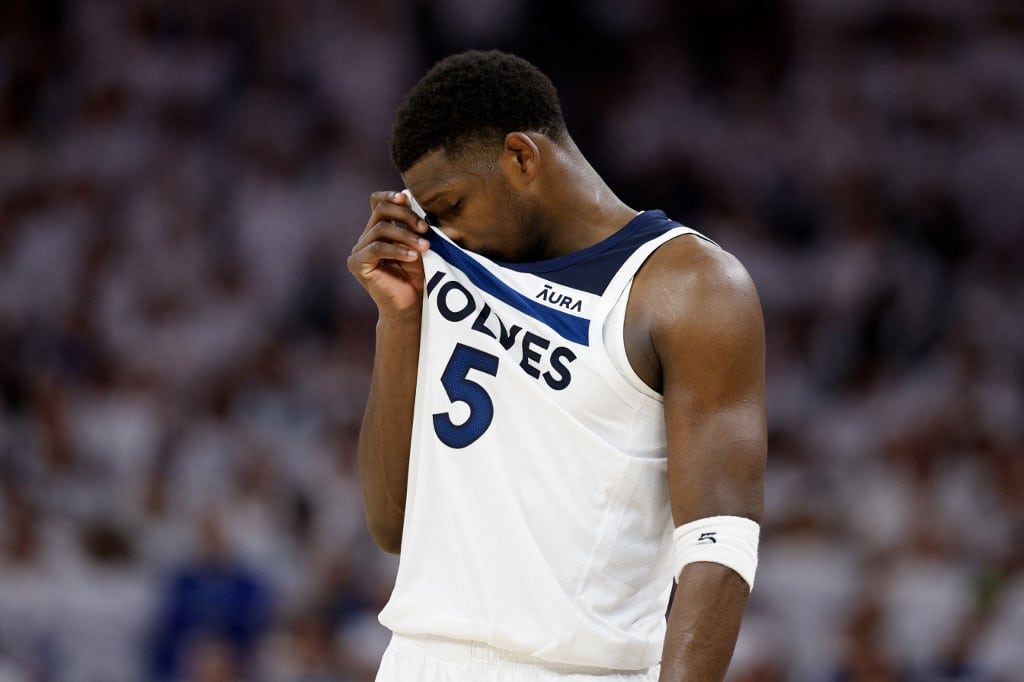
Several Minnesota sports betting bills were in the mix during this session, but all failed to pass legislative muster. It will be at least another year before the North Star State adopts a compromise bill that will lead to the launch of the sports betting industry.
Legislative Gridlock
Sports betting bills by Senator Matt Klein (SB 757), Senator Nick Frentz (SB 3414), and the Minnesota Sports Betting Act 3.0, sponsored by Senator Jeremy Miller, all failed to gain traction and become law. Senator Klein’s SB 757 seemed to garner the most support but was eliminated by the Senate Committee on Taxes during a hearing on a comprehensive omnibus tax bill via the A20 amendment.
Klein’s bill faced a 6-6 deadlock vote that was put to rest by Committee Chair Senator Ann Rest during the final budget analysis. Fears of gambling addiction and the opportunity for gaming to expand its footprint in the state were some of the reservations critics had regarding any passage of sports betting legislation.
“The sports betting one continues to draw the most controversy,” Senator Rest noted. “That controversy continues and has led to conversations here among our committee members, and that’s the reason why we have the A20 amendment.”
Details of Senator Klein’s Proposal
Senator Klein’s measure was considered a compromise bill that would have granted 11 licenses for platform providers who would be mandated to partner with the state’s Native American gaming tribes. This was considered an olive branch to those tribes that opposed sports betting and guaranteed them a share of the profits in the burgeoning mobile sports betting sector.
When announcing his bill, Senator Klein stated, “My bipartisan bill unites key stakeholders, including all eleven tribal nations, two commercial horse racing tracks, professional sports teams, bipartisan legislators, and, most important, public support. We are ready to legalize and regulate sports wagering in a responsible manner in Minnesota.”
What’s Next?
The Minnesota legislature, as it is presently constituted, opposes sports betting for a variety of reasons, some of which were viewed with skepticism by supporters. Among those was the assertion by Senator Steve Drazkowski, who believed the license fees were exorbitant and would exclude smaller vendors.
Ironically, Senator Klein’s fees ($250,000 for the initial application and $83,000 for annual renewal) were modest in comparison to other states. New York charges a $25 million application fee, while Illinois charges online sportsbooks $20 million. Granted, those are much larger states by comparison, but many believe Klein’s fees were in line with the industry standard.
Controversy Over Player Protection Laws
Senator Drazkowski also criticized a much-lauded provision in other states, which would make it a crime for bettors to harass student athletes based on their performance, vis-à-vis player props. Drazkowski articulated that the provision was an “anticipation of creating new crimes” and would burden regulatory authorities.
Minnesota remains one of 11 states holding out on passing sports betting legislation. The consequences are that Minnesota residents who want to make a wager are spending their betting dollars in nearby states that allow sports betting by crossing state lines or are betting with offshore sportsbooks.
Missed Revenue Opportunities
All of that tax money is going elsewhere and not being collected by Minnesota’s tax coffers. Based on the outcome of this session, it appears as though the North Star State will continue to be one of the few legislative bodies opposed to sports betting legislation unless there is a significant change in perspective on the issue by those in power.







